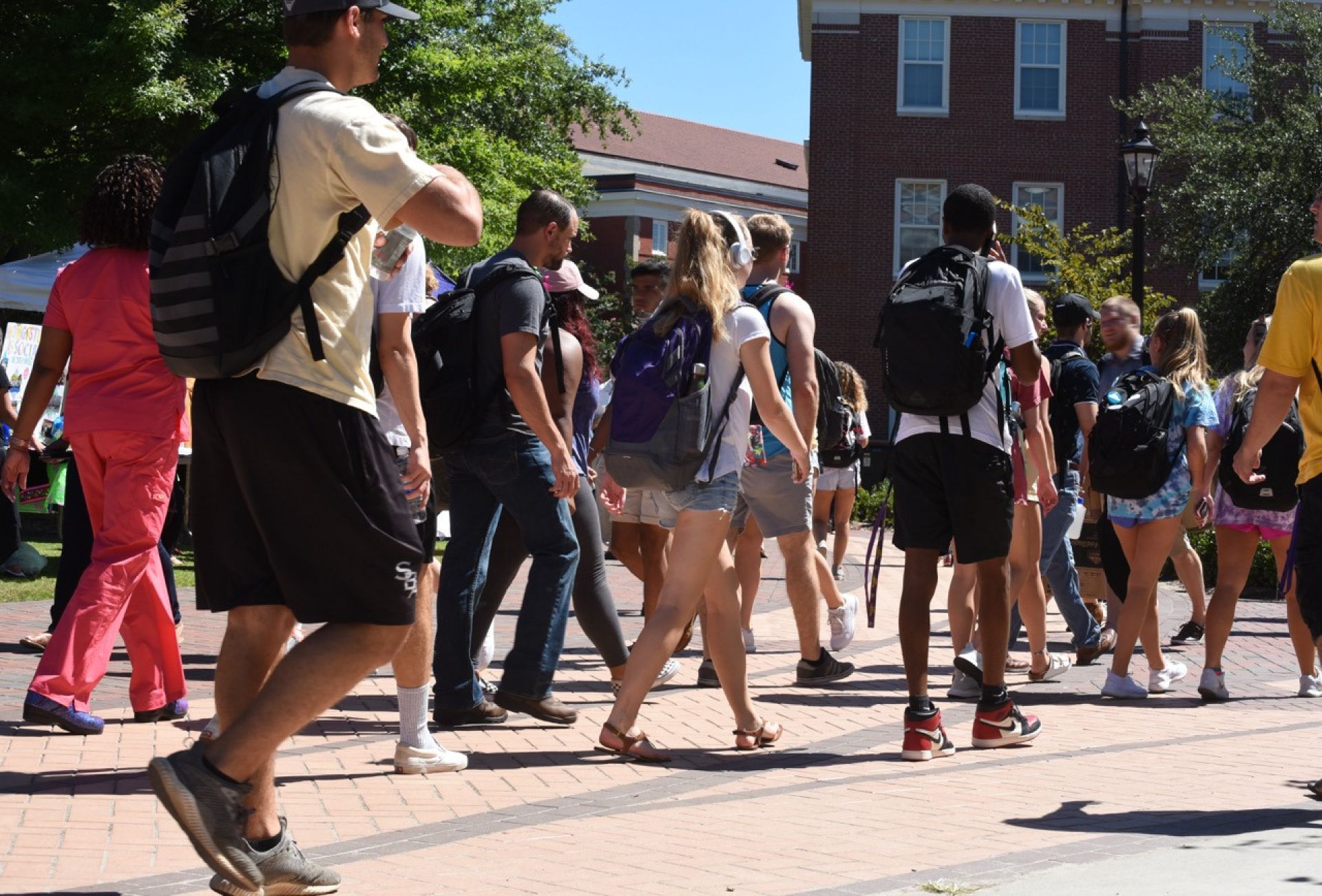
Current Students
Explore resources, opportunities and support services to help you succeed in and out of the classroom.

Explore resources, opportunities and support services to help you succeed in and out of the classroom.